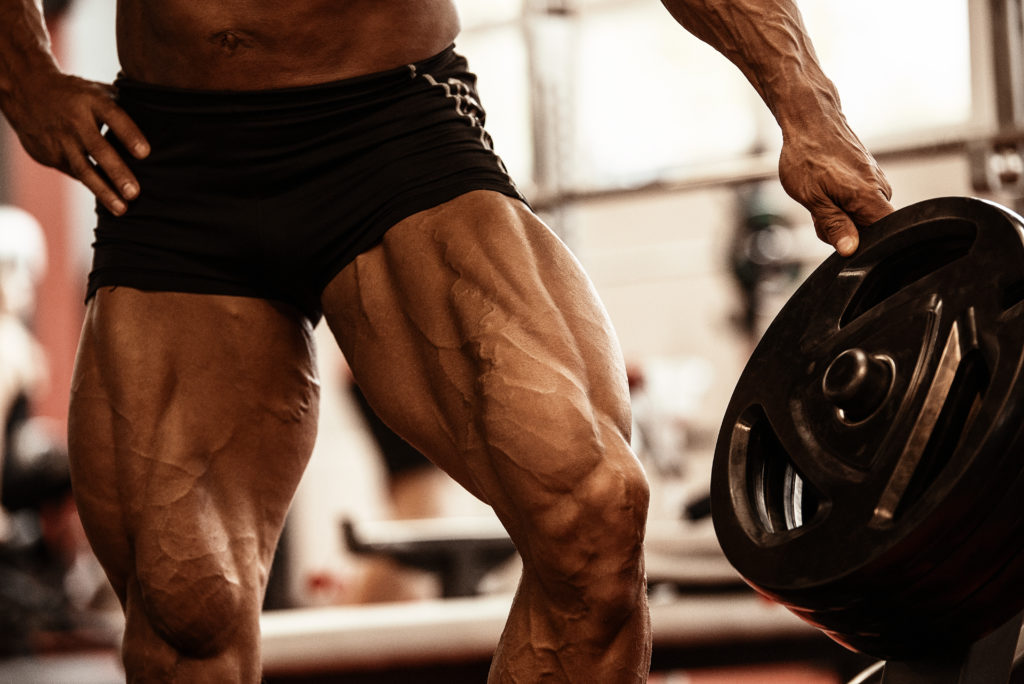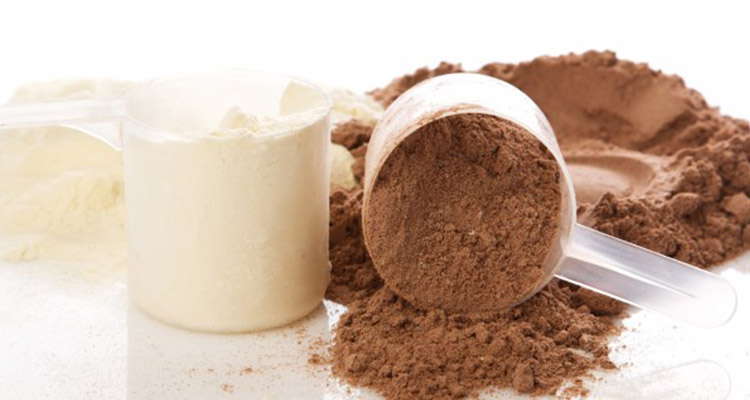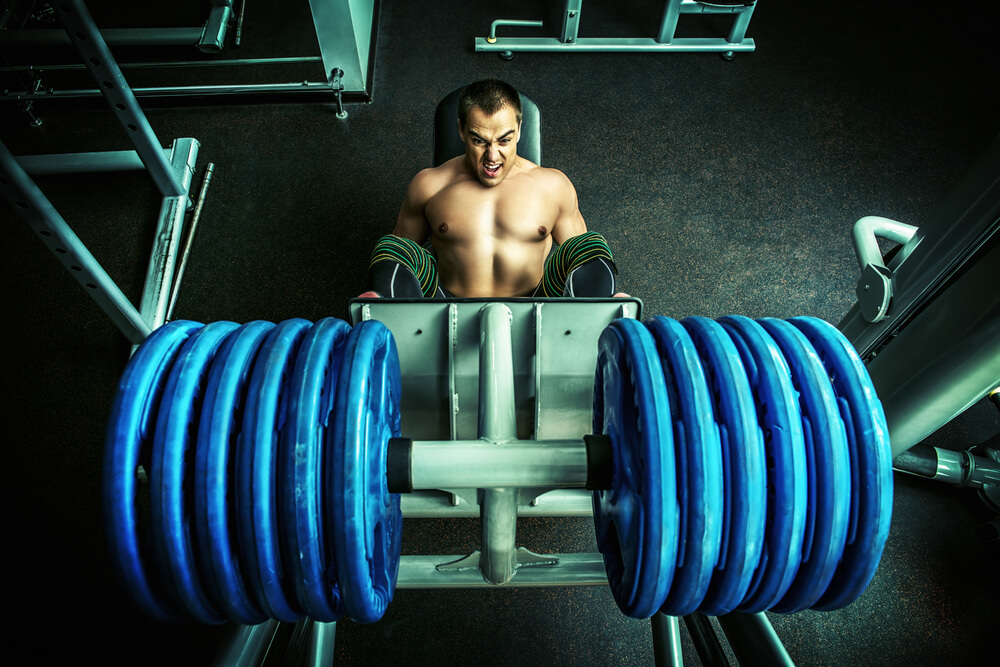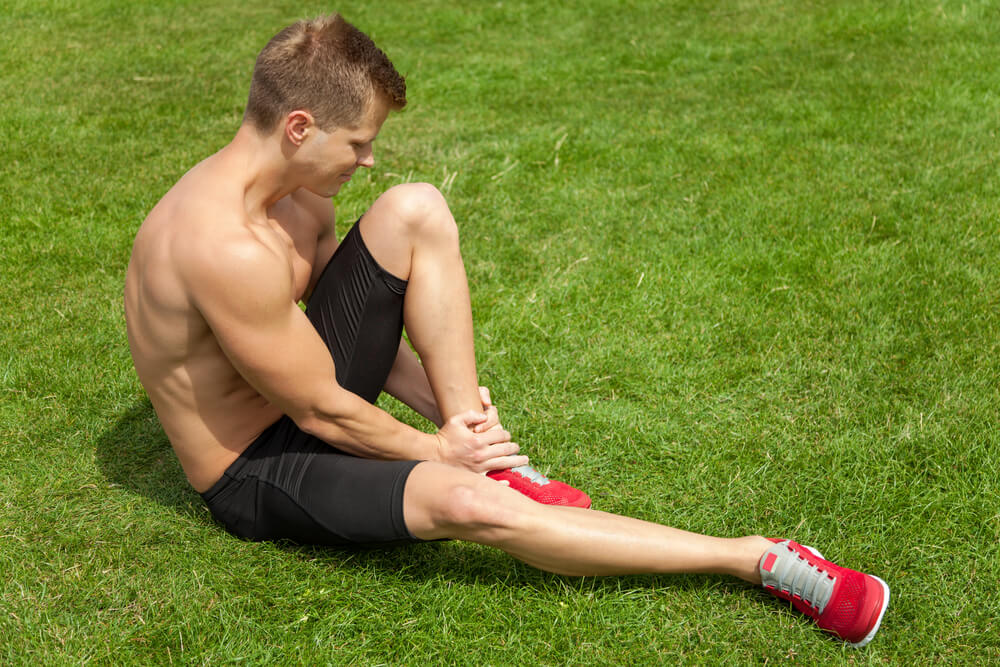Muscle Growth | Arms | Legs | Back | Chest | Shoulders | Core
It’s tempting to train the big, showy muscles on the front of your body and sleepwalk—or take a rest day—for the rest. Your arms, pecs, and abs look great in the mirror—who cares what goes on behind you? A few sets of lat pull-downs and forget about it.
Serious lifters know that when you get serious about creating a great physique, a thick, wide back is essential not only for aesthetics, but for shoulder health. Training the back demands a serious approach, but will pay off in strength and size like few others muscle groups.
Here is everything you need to know to build an unbelievable back.
Muscular Anatomy of the Back
Your back is made of multiple muscles—honestly, too many to go in-depth about here. Luckily, when you work these prime movers, the others tend to get stimulated plenty, as well.
 ://www.bodybuilding.com/images/2017/december/built-by-science-article-graphics-back-1-700xh.jpg”/>
://www.bodybuilding.com/images/2017/december/built-by-science-article-graphics-back-1-700xh.jpg”/>
Latissimus Dorsi: The latissimus dorsi, or “lats,” are probably the first muscles people think about for back training. They originate at the humerus—the upper arm bone—and connect to the scapula, the lower thoracic spine, and to the thoracolumbar fascia, the membrane covering the deep muscles of the back.
Your shoulders can extend, adduct, and internally rotate because of the lats. Strong, activated lats are especially important for pull-ups, heavy deadlifts, and other big pulls. And because they span such a large portion of your upper back, your lats are critically important if you want to build width and size.
Don’t let your forearms hold you back on back day. Strap up to grow!
Trapezius: Your traps are bigger than you probably think they are. The three distinct subsets of your trapezius cover the middle of your back from head to tailbone: the upper trap starts at the base of your skull and attaches to your clavicle; the middle trap starts on your spine in your upper middle back and attaches to the scapula; and the lower trap originates at your lower middle spine and attaches to the scapula.
When you reach up, your upper and lower traps and serratus work together to upwardly rotate your shoulder blades. Your traps also help pull your shoulders together and slide them up or down your ribcage.
Rhomboids: The rhomboids are deep muscles that lie under the traps. They run at an angle from your thoracic spine to your scapula. Even though they’re not superficial, you want to put emphasis on them because they’re critical for front-to-back thickness.
Both the rhomboids and the middle and lower traps also play crucial roles in keeping your shoulders healthy and counterbalancing push-focused programming in the weight room.
Essential Muscle-Building Back Exercises
Each of these exercises will challenge your back muscles on various planes, giving you a well-rounded physique and solid overall athletic development. Don’t rush them or perform reps with jerky, rotating motions. Keep them smooth and nail your reps with pristine form—ideally in the back day workouts in Built by Science: 6-Week Muscle-Building Trainer.
1. Pull-Up
Pull-ups are a vertical pull that targets your lats. The execution is fairly basic, but it can be a tough move to master. Once you manage to hit multiple reps with your own body weight, you can progress this move by adding resistance.
A personal favorite tip: Extend into a full hang at the bottom of each rep to lengthen the muscle and finish by trying to pull your chest to the bar. This extra pull and squeeze will help build those lower traps and your middle back.
2. Bent-Over Row
This horizontal pull is fantastic for developing the rhomboids, middle traps, and lower lats. It’s a fairly simple exercise, but it’s easy to bungle with poor form and excess weight. More motion isn’t always good motion, so don’t let momentum take over. Lead with the elbow and finish with the shoulder blade.
The back is a big muscle group. If you hit it hard, refuel with recovery-focused supplements afterward.
3. Dumbbell Pull-Over
This is a great movement for isolating the lats. It will also help you develop some core strength and shoulder mobility. As you reach the dumbbell overhead, you’ll have to work hard to maintain your position. If you arch your back too much, your lats will never get the stretch and you won’t get the same kind of growth, so keep your core tight.
4. Face Pull
This hybrid pull will get you out of the standard planes of motion and add some variety to your training. The face pull is a great option for building the upper and middle back, as well as the rear deltoids. It’s a favorite of physical therapists to bulletproof the shoulders, as well.
Remember, you need both mind and muscle to build your best possible body, and that begins with a better understanding of musculature and movement.
Be sure to check out the other muscle groups to understand exactly how to build your body the way you want.






Leave a Reply
You must be logged in to post a comment.